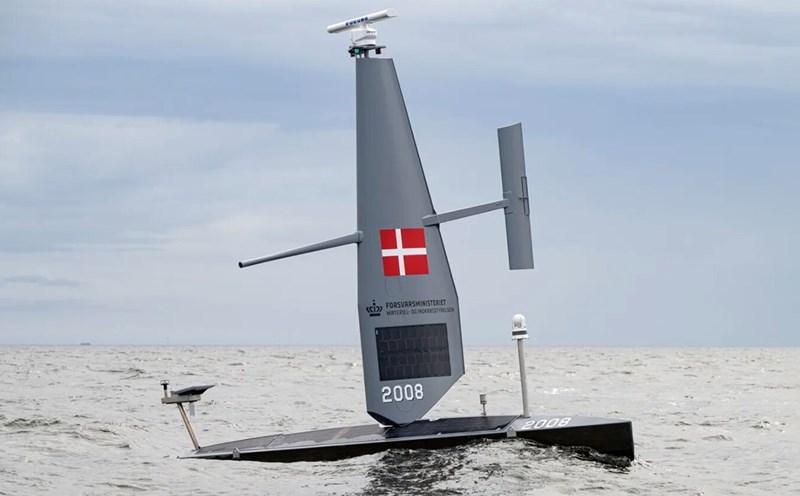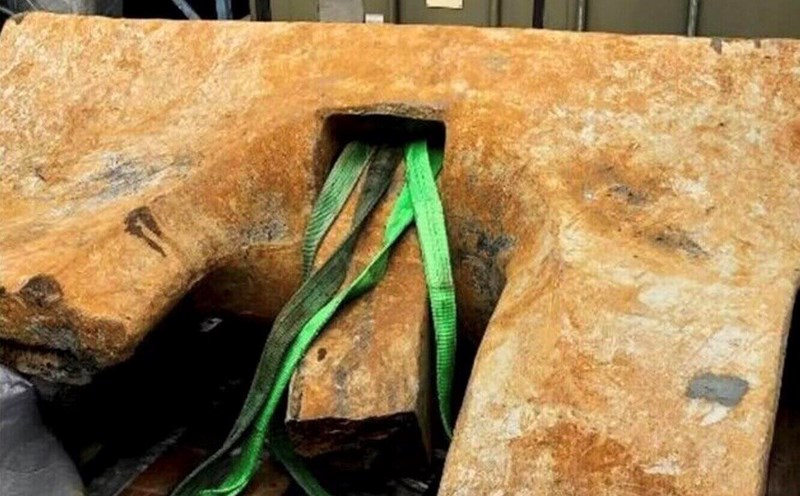International maritime law does not allow stopping and searching ships in international waters arbitrarily, but there are still loopholes that Germany can exploit.
This is the opinion of Mr. Johannes Peters - an expert at the Institute for Security Policy in Kiel, Germany.
According to him, the current control of the Russian "shadow fleet" carrying oil in the Baltic Sea is as follows: The ships are not required to stop because this is a violation of international law. Instead, the German side contacted via radio and asked questions. Germany requested information about insurance and the crew was forced to provide information.
International maritime law does not allow exploration of ships in international waters without a legitimate reason, but if the tankers do not have oil pollution insurance, they have violated other international regulations and at that time pressure measures can be taken against these ships.
Experts Peters pointed out that this is a strategy used to increase pressure on Russia's "shadow fleet".
Because the Baltic Sea is very narrow, in fact, there is no such thing as an offshore sea in this area, ships passing through Germanys Fehmarn Island will be under the influence of German law, he explained.
Currently, Germany is trying to take advantage of all available legal measures to make ship owners and countries with flagged ships operating in the Baltic Sea feel less interested in letting ships join the "dark fleet" or pass through this sea area, said expert Peters.
The Dark fleet is the way Western countries use to point to their fleets, usually old, unknown, uninsured ships, transporting Russian oil to avoid sanctions against Russia imposed by the West.











